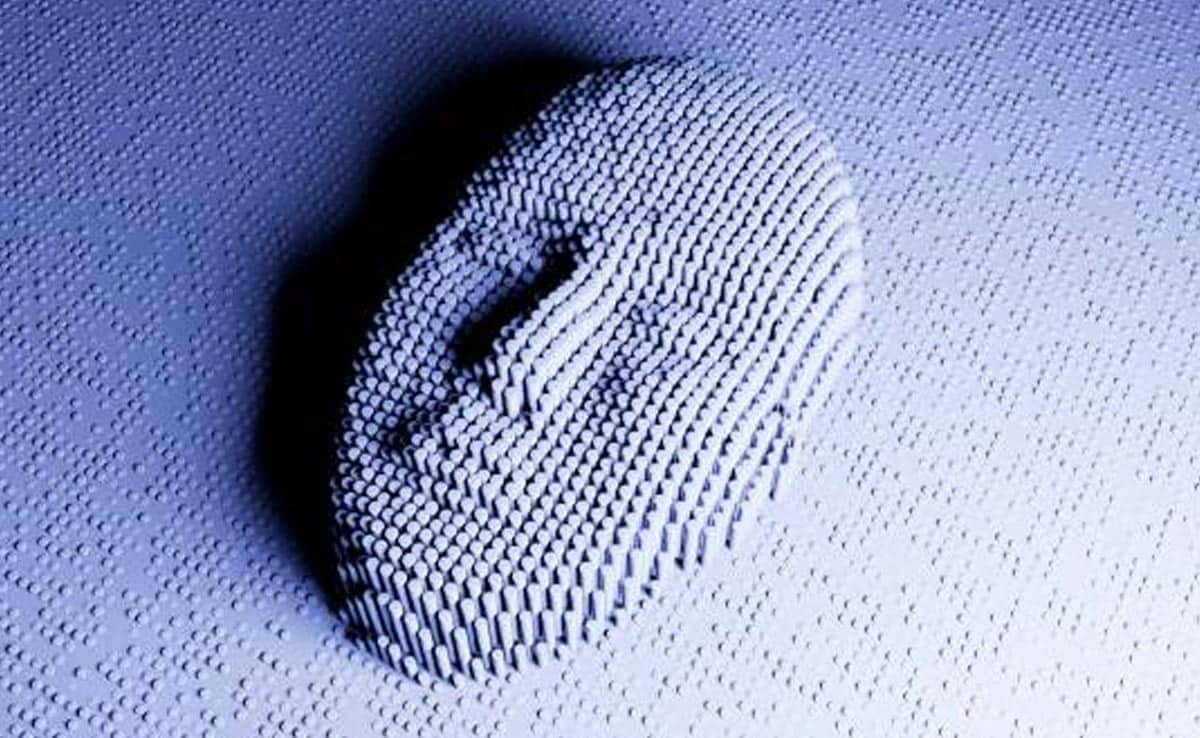The new law has further tightened the punishment for the misuse of deepfakes
The British government said it will criminalize the creation of sexually explicit ‘deepfakes’: images or videos that are manipulated using artificial intelligence or AI to resemble someone without their consent.
People convicted of creating such deepfakes without consent, even if they have no intention of sharing the images, will face prosecution. And if the image is shared widely, the creators could face jail time.
The new offense will be introduced through an amendment to the Criminal Justice Bill, which is currently being passed by Parliament.
Laura Farris, the Minister for Victims and Protection, said it would send a “crystal clear message that creating deepfakes is immoral, often misogynistic and a crime”.
This law aims to increase the scope of legal protection against cybersexual exploitation in Great Britain. Previously, in November 2022, an amendment to the Online Safety Bill introduced that non-consensual sharing of deepfakes will be considered a criminal offense, especially for first-time offenders, and could face jail time. This was in response to growing global concerns about the misuse of new technology, often pornographic in nature.
The new law has further tightened the penalty for misusing deepfakes, making their creation a criminal offense even if they are not shared.
“The purpose of deepfakes is often to cause alarm, humiliation or distress to victims and should therefore be dealt with severely. It is yet another example of the ways in which certain people seek to degrade and dehumanize others – especially women,” said Laura Farris. .
The prevalence of an area of law such as this cannot be undermined as it affects a wide range of parties, especially public figures. In March 2024, an analysis of the five most visited deepfake websites by Channel 4 News found that almost 4,000 famous people had pornographic deepfakes on these websites, 255 of whom were British.
“It has the potential to have catastrophic consequences if the material is shared more widely. This government will not tolerate it,” the minister said.
As AI technology becomes increasingly sophisticated and easily accessible, such rules are a step forward towards protecting individuals, especially women, in online spaces.














